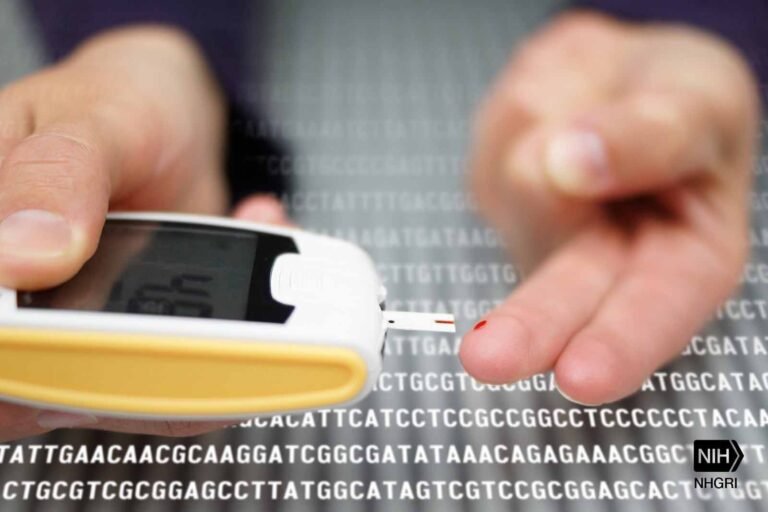Diabetes affects 30 million American adults and children. People with type 1 diabetes have an autoimmune disease that prevents them from producing enough of the hormone insulin, which is made in the pancreas. NIH research helped develop a “bionic pancreas” that connects a smartphone app to a small implanted sensor-pump system that measures blood sugar levels every five minutes and administers insulin as needed.
The majority of Americans with diabetes have type 2 diabetes, where the body does not properly manage insulin levels. Genetics research has identified more than 80 inherited risk factors, but NIH research shows that lifestyle changes such as diet and physical activity significantly reduce the risk of developing type 2 diabetes in high-risk adults. It has been shown that it is possible.
There are many hopes for the advances in NIH-funded technology. For example, scientists used electronic health records and genomic data to identify what appear to be her three different subtypes of type 2 diabetes. This information should ultimately help doctors provide personalized treatment, as each can cause different health complications such as blindness, cancer, and high blood pressure.
universal influenza vaccine
Influenza, or “the flu,” is a seasonal nuisance for many people, but a serious health threat for others. Each year, influenza causes thousands of hospitalizations and deaths in the United States and costs the U.S. economy approximately $87 billion. NIH scientists are currently testing a variety of potential ways to develop a universal influenza vaccine that provides broad, long-term protection against virtually all influenza strains. A promising approach is to identify and target molecular parts of the influenza virus that do not change from year to year. A universal influenza vaccine could avoid the need for annual influenza vaccinations and reduce the risk of a global pandemic.
« Previous: Infectious diseases Next: Healthy mind »


